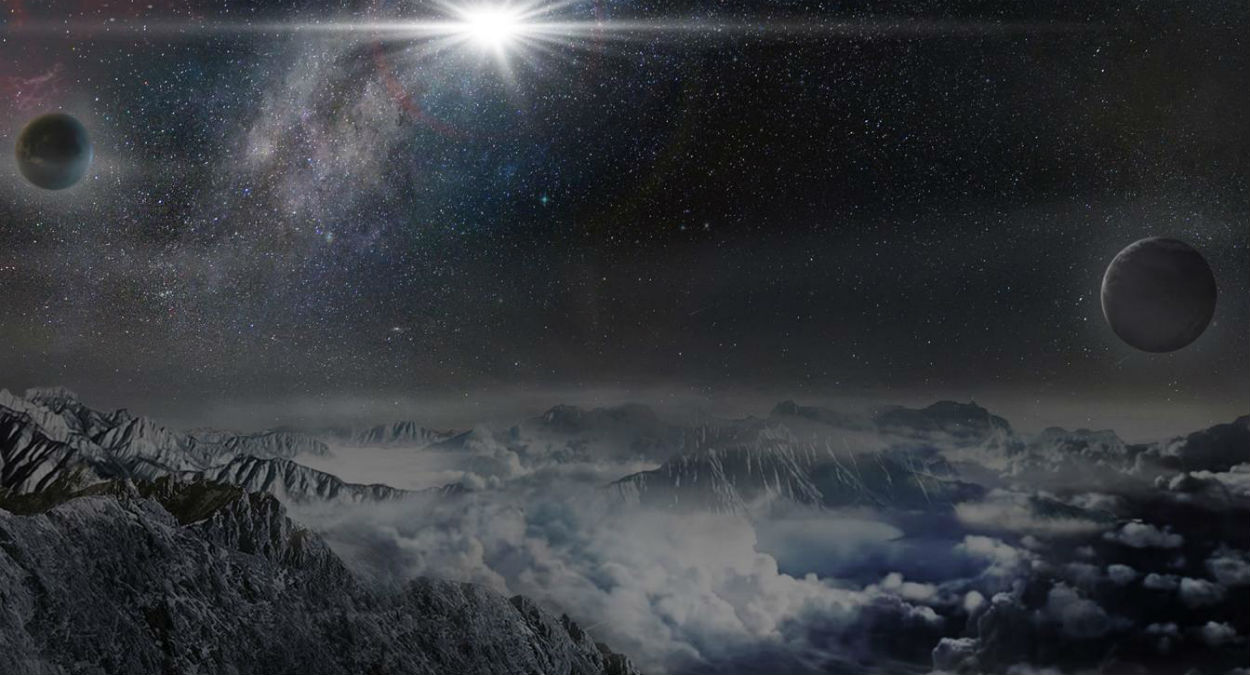Astronomers find brightest ever supernova
'Assassin' is 570 billion times brighter than the Sun and has left scientists baffled

A free daily email with the biggest news stories of the day – and the best features from TheWeek.com
You are now subscribed
Your newsletter sign-up was successful
Astronomers have published details of the biggest and brightest supernova ever observed. Designated ASASSN-151h – pronounced "Assassin" - it is 20 times brighter than the entire Milky Way and 570 billion times brighter than our own Sun.
An international study published in Science reports that ASASSN-151h is around 3.8 billion light years from Earth. Unable to be seen by the human eye, it was spotted last June using an array of small automated telescopes around the globe looking for supernovae, the rare cosmic explosions which occur at the end of star's life cycle.
"This may be the most powerful supernova ever seen by anybody," the study's co-author Krzysztof Stanek, of Ohio State University, told the Los Angeles Times. "It's really pushing the envelope on what is possible."
The Week
Escape your echo chamber. Get the facts behind the news, plus analysis from multiple perspectives.

Sign up for The Week's Free Newsletters
From our morning news briefing to a weekly Good News Newsletter, get the best of The Week delivered directly to your inbox.
From our morning news briefing to a weekly Good News Newsletter, get the best of The Week delivered directly to your inbox.
Astronomers have expressed their amazement at the discovery of the "super-luminous" supernova, which far outshines anything observed so far, but why it is so bright is still a mystery.
"It didn't look like any of the other 200 or so supernovae we had discovered at that point," lead author Subo Dong, of China's Peking University, told The Guardian.
"The explosion's mechanism and power source remain shrouded in mystery because all known theories meet serious challenges in explaining the immense amount of energy ASASSN-15lh has radiated," he added.
One theory suggests a rare type of star called a millisecond magnetar could be at the centre of the supernova, while another proposes that nuclear activity connected to a supermassive black hole may be responsible.
A free daily email with the biggest news stories of the day – and the best features from TheWeek.com
The next step will involve enlisting the help of other observatories, as well as the Hubble Space Telescope, to find out more about ASASSN-151h's power source – and whether other super-luminous supernovae could be out there.